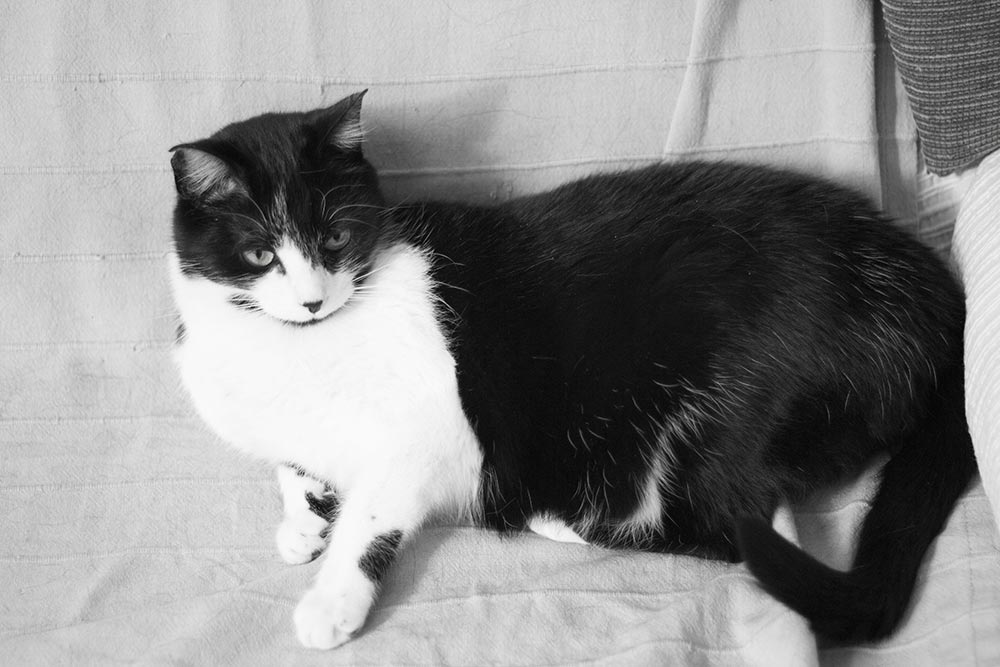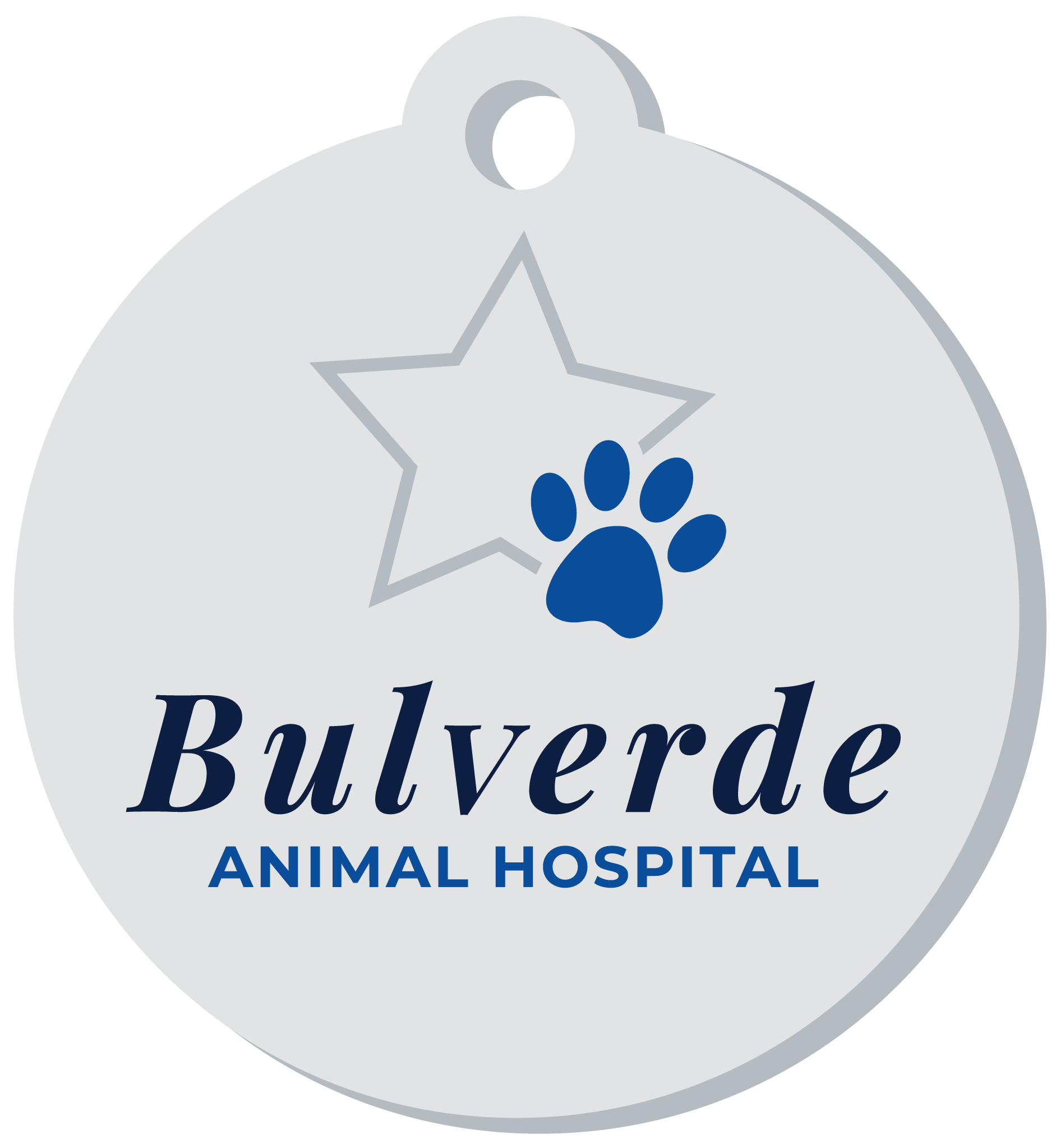Can Cats Get Parvo?

When it comes to the health of our beloved pets, understanding the risks and prevention of various diseases is key. One question that often comes up among cat owners is whether their cats can get parvo, a term commonly associated with a highly contagious virus affecting dogs. This blog aims to shed light on this concern, providing pet owners with the information they need to protect their cats. If you’re looking for more information or need to make an appointment, the team at Bulverde Animal Hospital in Bulverde, TX, is here to help. Give us a call at (830) 438-7200, and let’s ensure your cat stays healthy and happy.
Understanding Parvo in Cats
Parvo, short for Parvovirus, is often thought of as a dog-specific issue, but did you know that cats can also be affected by a version of this virus? It’s true, but in cats, it’s known as Feline Panleukopenia (FPV), which is sometimes referred to as “feline parvo.” FPV is a highly contagious viral disease that can have severe effects on cats, especially kittens who haven’t been fully vaccinated or have weaker immune systems.
FPV attacks rapidly dividing cells in a cat’s body, such as those in the intestinal tract, bone marrow, and the developing fetus in pregnant cats. This can lead to symptoms like severe vomiting, diarrhea, dehydration, and in severe cases, can be fatal. The virus is extremely resilient and can survive in the environment for long periods, making it a significant threat to unvaccinated cats.
How Cats Contract Parvo
Cats can contract FPV in several ways. The virus is shed in high amounts in the feces of infected cats, and it can easily be transmitted through direct contact with these feces or with objects and surfaces that have been contaminated. This includes things like litter boxes, food and water bowls, and even the hands and clothing of people who have handled infected materials.
The virus can also be passed from mother to kitten during pregnancy or through nursing, making it crucial for pregnant cats to be in a healthy environment. Because of its high contagiousness and resilience, ensuring your cat is vaccinated against FPV is one of the best ways to protect them from this disease.
Symptoms of Parvo in Cats
The symptoms of FPV can vary but often include severe vomiting, diarrhea (which may be bloody), a sudden drop in appetite, high fever, and lethargy. These symptoms can lead to rapid dehydration and can be life-threatening if not addressed quickly. Kittens, senior cats, and those with weakened immune systems are at a higher risk for severe complications from FPV.
If you notice any of these symptoms in your cat, it’s important to contact Bulverde Animal Hospital immediately. Early detection and treatment can be key to managing FPV effectively. Our team is trained to recognize the signs of FPV and provide the care your cat needs to recover.
Preventing Parvo in Cats
Prevention is the best strategy when it comes to FPV. Vaccinating your cat against this virus is an effective way to protect them. Kittens should receive their first vaccines at around 6 to 8 weeks of age, with booster shots following as recommended by your veterinarian. Adult cats should be kept up-to-date with their vaccinations as well.
In addition to vaccination, good hygiene practices can help reduce the risk of FPV transmission. This includes regularly cleaning and disinfecting litter boxes, food and water bowls, and any areas where your cat spends a lot of time. Keeping your cat indoors can also reduce their exposure to infected cats or environments.
When to Contact Bulverde Animal Hospital
If your cat is showing any signs of illness, or if you have questions about FPV and how to protect your cat, don’t hesitate to reach out to us at Bulverde Animal Hospital. Our knowledgeable team is here to provide the information and support you need to keep your cat healthy. Whether it’s time for their next vaccination or you’re concerned about potential symptoms, we’re here to help. Give us a call at (830) 438-7200 to make an appointment or get more information.
Protecting your cat from FPV requires awareness, vaccination, and good hygiene practices. By understanding how this virus works and taking the necessary precautions, you can help ensure your cat lives a long, healthy life. Our team at Bulverde Animal Hospital is committed to supporting you and your pet every step of the way.
Recent Posts
About Us
At Bulverde Animal Hospital, our ultimate goals are excellent service to clients, personal growth, and the professional development of our staff. We are a small clinic creating a significant impact on pets' lives.
